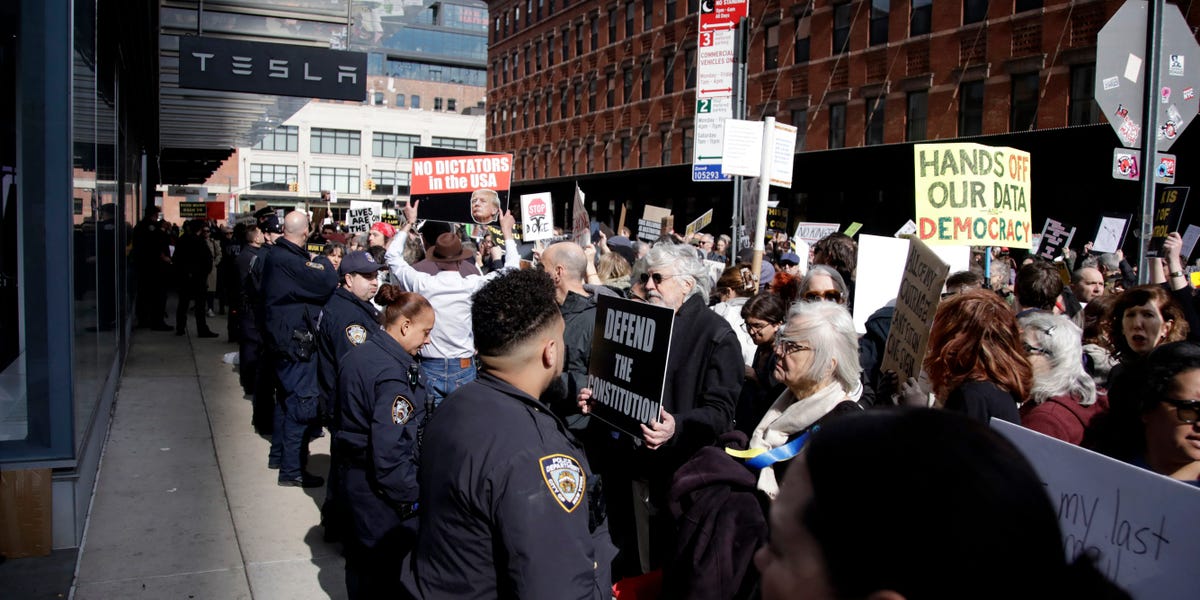Revolt on Wheels: Tesla's Street-Level Rebellion Against Musk

Elon Musk's Bold Gamble: Tesla's Showroom Strategy Backfires in Blue States
When Elon Musk first launched Tesla's showrooms, he strategically positioned them in predominantly liberal urban centers and progressive states. At the time, it seemed like a brilliant marketing move, targeting environmentally conscious consumers and tech-savvy early adopters. However, this carefully crafted strategy is now proving to be a double-edged sword.
The electric vehicle manufacturer is now experiencing significant pushback in the very markets it once courted. Liberal strongholds that initially embraced Tesla's innovative approach are now turning against the company, creating unexpected challenges for Musk's automotive empire.
What began as a calculated expansion into blue-state territories has morphed into a complex web of regulatory hurdles and changing consumer sentiments. The very demographic Musk believed would be most supportive is now questioning Tesla's business practices, corporate culture, and Musk's increasingly polarizing public persona.
As Tesla navigates these turbulent waters, the company faces a critical test: can it maintain its progressive image while weathering the storm of criticism from its core market? The showroom strategy that once seemed visionary now appears fraught with unforeseen complications, forcing Musk to recalibrate his approach in these crucial markets.
The irony is palpable – a company built on disruption is now being disrupted by the very communities it sought to win over. Tesla's journey serves as a stark reminder that in the rapidly evolving world of tech and automotive innovation, yesterday's winning strategy can quickly become today's challenge.
